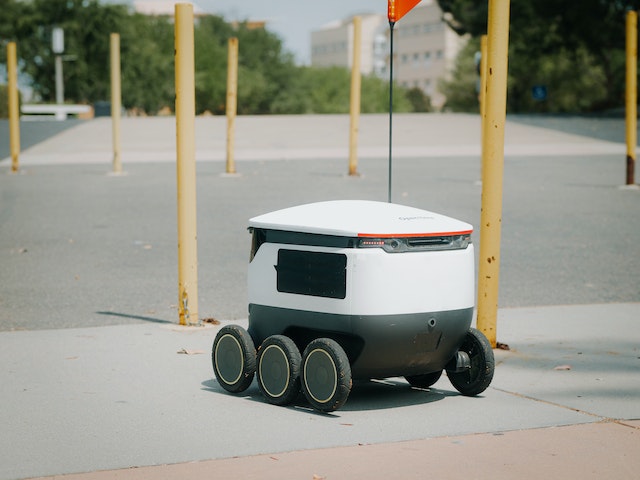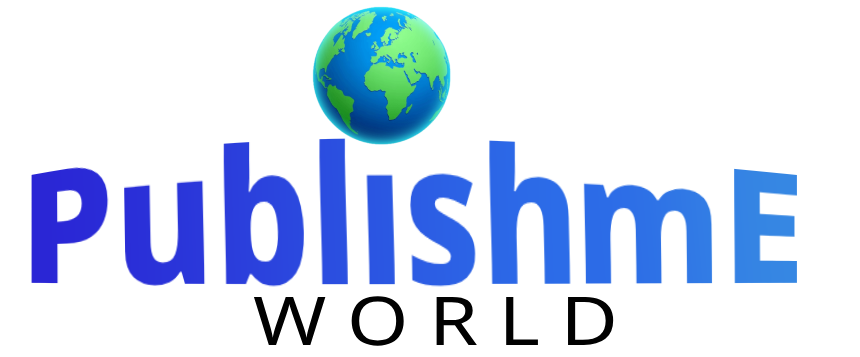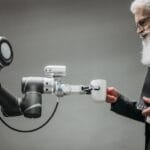Contents
1.Understand AI: a tool, not a master
The primary misconception around AI is that it has autonomous decision -making skills, similar to human feeling. In fact, artificial intelligence is a tool, not an emotional creature, and works based on predetermined algorithms, data and instructions provided by human programmer. This misunderstanding this question increases: Is artificial intelligence a threat to humans? – When AI actually lacks consciousness, feelings and ability to cross programming.
The ability is limited to performing specific functions based on computer patterns and predetermined rules. Therefore, it is necessary to see AI as a tool that complements human abilities rather than emotional or independent unity.

2. AI in Everyday Life: Enhancing Convenience
In our modern world, AI is widespread in different forms, making our lives more practical and efficient. Virtual assistants, such as Siri and Alexa, streamlining tasks such as putting reminder, responding to query and controlling smart home units.
AI algorithms offer personal materials and product tips on streaming platforms and e-commerce sites, individual materials and product suggestions that fit individual preferences. By analyzing the user behavior, AI improves user experiences and makes the interaction with the technology more comfortable..
3. AI in Healthcare: A Boon for Medical Advancements
Integration of AI within the health care machine has contributed to correct analysis and effective remedies, for fantastic progress. The AI-operated scientific image structures analyze the experiment with high precision, and help with early disorder detection and treatment plan.
In addition, the AI algorithm treats a large amount of medical research data, helping the drug and development. It accelerates the identity of potential treatments, promises better patient results and better public health.
4. AI and Safety: Improving Security Measures
AI plays an important role in increasing security and security measures in different industries. In cyber security, the AI algorithm detects cyber threats in real time and protects sensitive data and infrastructure.
In addition, AI’s role in autonomous vehicles provides an opportunity to reduce traffic accidents. By continuous analysis of data from the sensor, AI system vehicles enable real -time decisions, reduce human errors and ensure safe roads.
In addition to move and cyber safety, AI is likewise used to detect surveillance systems, catastrophe response and fraud. Wise monitoring of AI can discover suspicious conduct, at the same time as AI models help are expecting and manage natural failures. Financial establishments advantage from AI, detects fraud with greater pace and accuracy, which reduces capacity losses. These development challenges misconceptions at the back of this query: Is Is Artificial Intelligence a Threat to Humans? Instead, AI indicates a effective device to growth security and shop lives.
5. Addressing Ethical Concerns
As AI turns into more prominent, ethical considerations arise concerning its development and application. To mitigate potential risks, stakeholders have to engage in accountable AI practices, ensuring equity, transparency, and responsibility.
Ethical AI development involves keeping off bias in algorithms, protecting person privateness, and making sure the responsible use of AI technologies. By organising strong frameworks and pointers, we are able to harness the power of AI at the same time as safeguarding human rights and societal values.
6. The Future of AI and Human Collaboration
Looking ahead, the AI time is in collaboration between people and intelligent machines. The ability to treat and analyze the huge dataset for AI complements human recognition so that we can solve complex problems and run innovation.
Instead of looking at AI as a threat, we should embrace it as a tool that gives us the right to solve global challenges, from climate change and health services to education and poverty. By promoting interdisciplinary cooperation, we can use AI’s ability to create a more durable and justified world.
Conclusion
Finally, the fear of AI as a threat to humanity is largely based on misunderstandings and sensational stories. The question Is artificial intelligence a threat to humans? Often, its abilities and purposes misunderstand. In fact, AI is a powerful tool that has the ability to bring revolution in many industries and significantly improve the quality of human life.
By taking advantage of AI from the responsibility, taking up moral concerns and promoting interdisciplinary collaborations, we can unlock its real ability to improve society. It is important to see AI as a partner who complements human simplicity, which is able to cope with complex challenges and create a bright, more durable future




